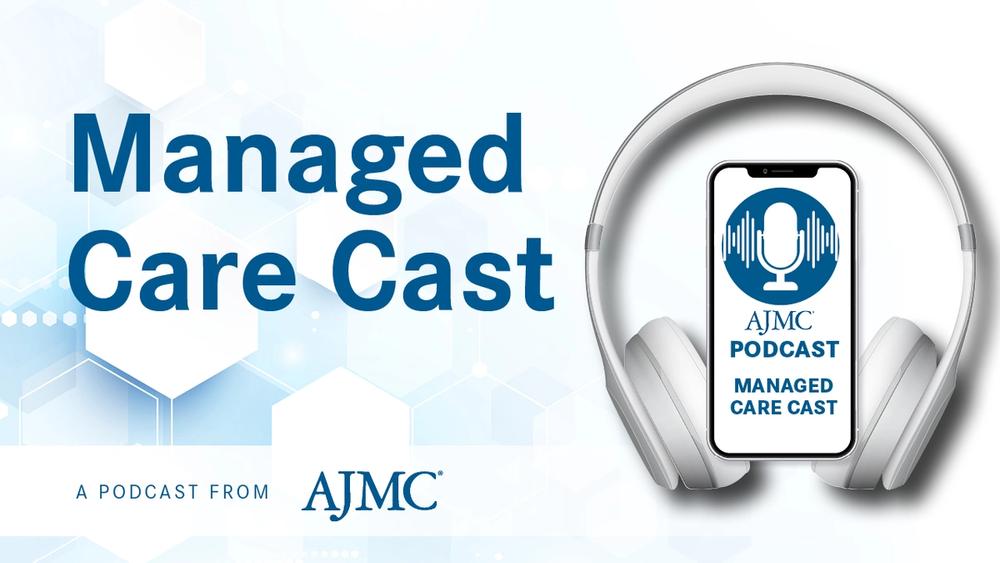Video
Dr Al B. Benson on the Importance of Multidisciplinary Care in Hepatobiliary Cancers
Al B. Benson, MD, FACP, FASCO, professor of medicine and director for Cooperative Groups at the Robert H. Lurie Comprehensive Cancer Center, stresses the importance of approaching difficult hepatobiliary cancer settings with a multifaceted care team.
Al B. Benson, MD, FACP, FASCO, professor of medicine and director for Cooperative Groups at the Robert H. Lurie Comprehensive Cancer Center, stresses the importance of approaching difficult hepatobiliary cancer settings with a multifaceted care team.
Transcript
Can you discuss the importance of a multidisciplinary approach in hepatobiliary cancers?
These are diseases that are very challenging, particularly with HCC, where people typically have 2 diseases we're dealing with: the primary tumor, as well as the underlying liver disease, including cirrhosis, so they do represent challenging patients. But nonetheless, it's encouraging that we have been able to develop trials looking at first-line, second-line, even third-line interventions for patients and identifying a longer list of agents that can produce benefit.
We also emphasize that we're promoting the multidisciplinary approach for the care of these patients, because for HCC, for example, we need to evaluate to determine if a patient is a transplant patient. Is the patient potentially resectable? Or would a liver-directed therapy be more appropriate? Or is this a situation where systemic therapy is the more ultimate approach? Or perhaps there are people where we would give systemic therapy as well as liver-directed therapies. So to make these types of decisions, including review for eligibility of clinical trials, we need to encourage upfront multidisciplinary discussions. And this also brings in other individuals—for example, radiologists to make sure that appropriate imaging has been obtained, as well as hepatologists, because many of the these individuals require the skill sets of hepatologists to more effectively manage patients. I think what we've seen is, the more often we have these multidisciplinary approaches, not only do we make sure we're maximizing the potential interventions for patients, but we think that this improves longer term outcomes for these individuals.

The Importance of Examining and Preventing Atrial Fibrillation




